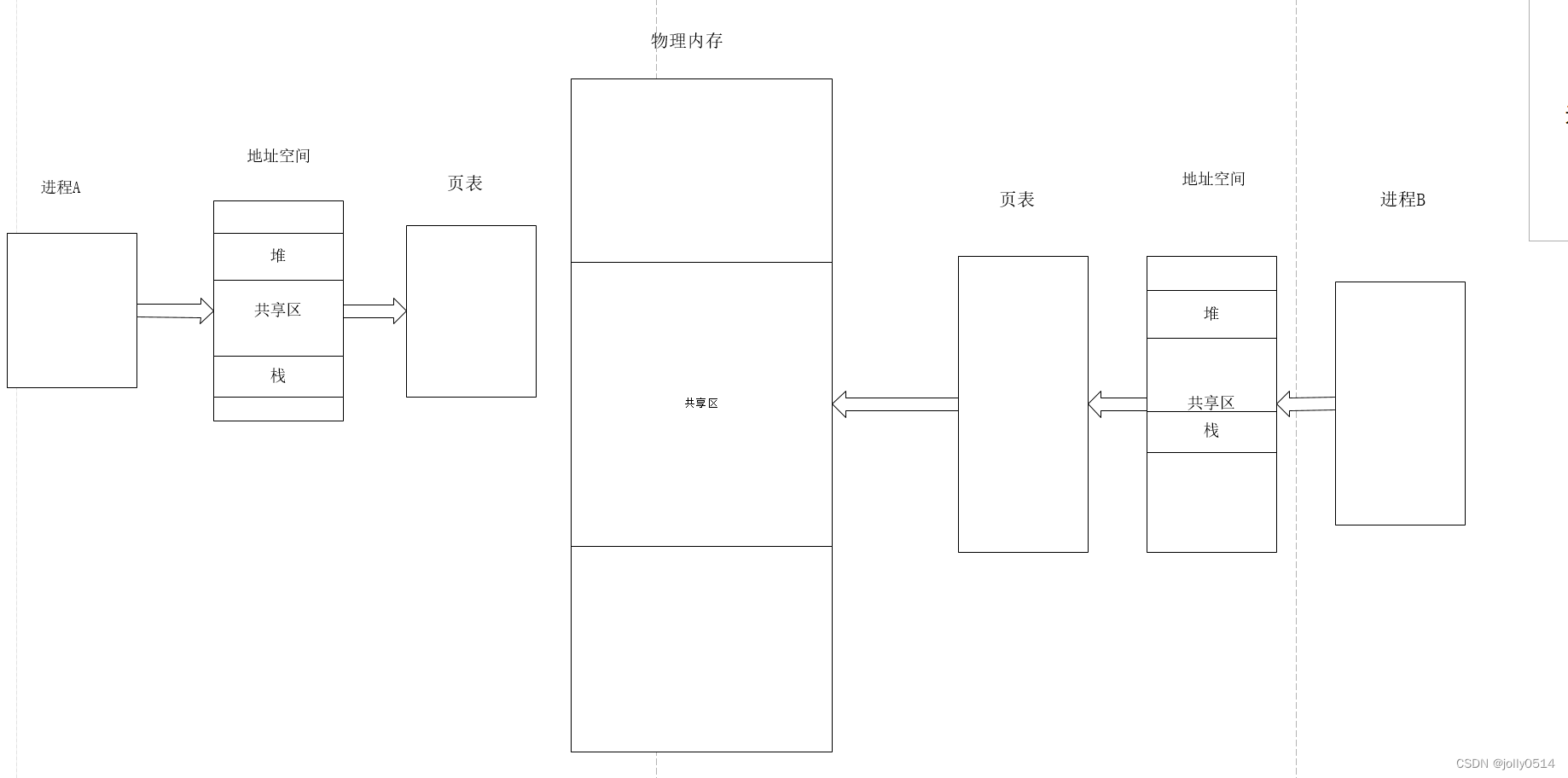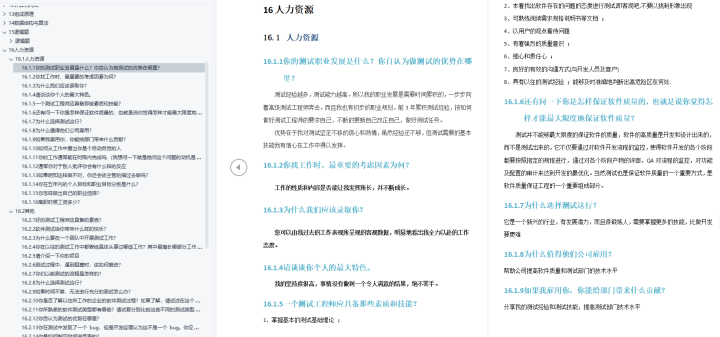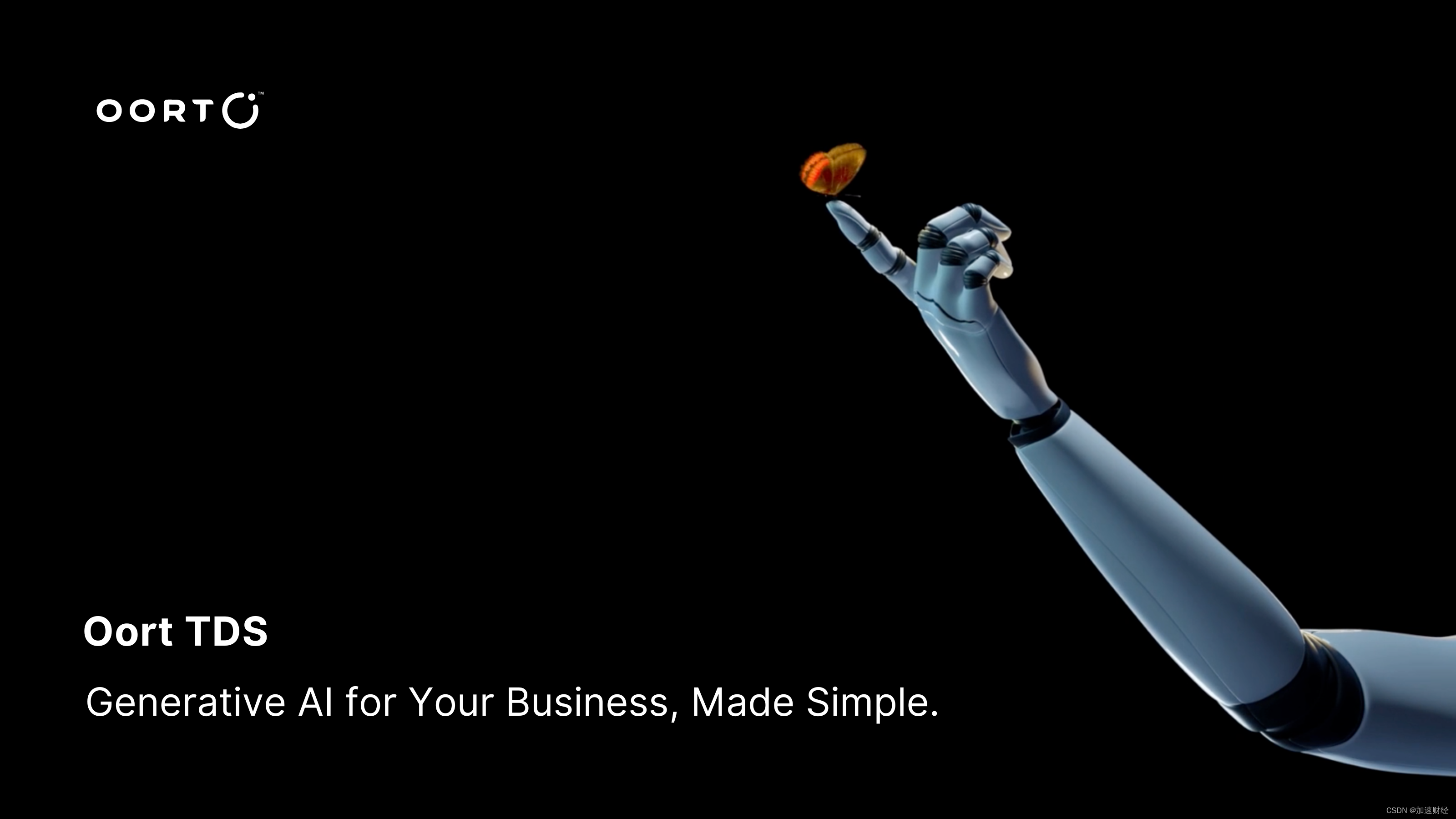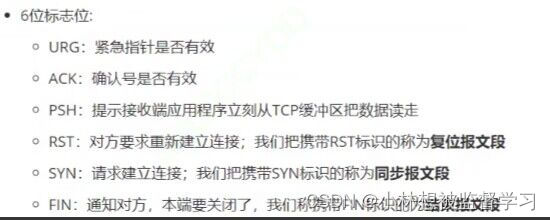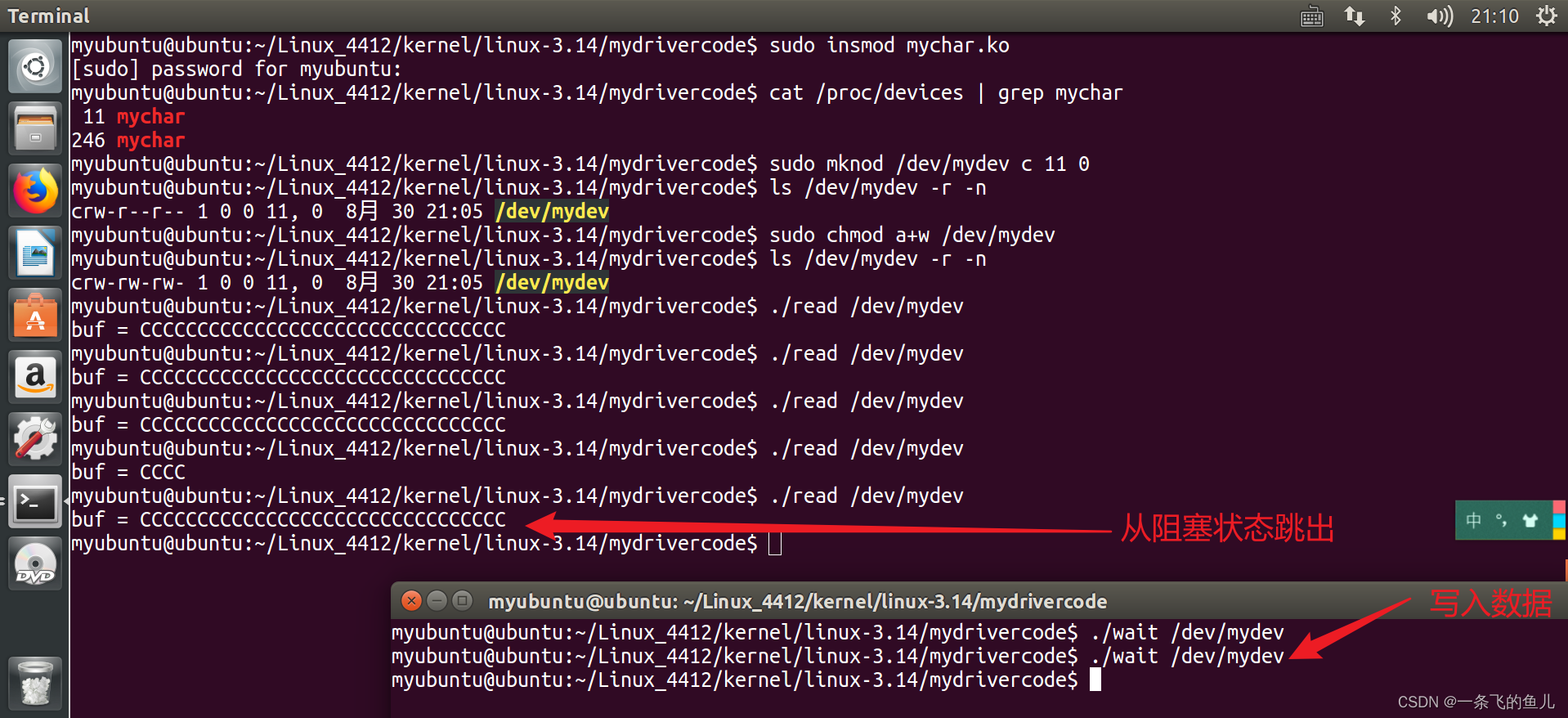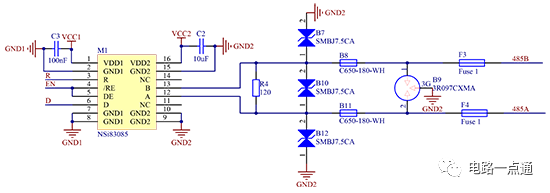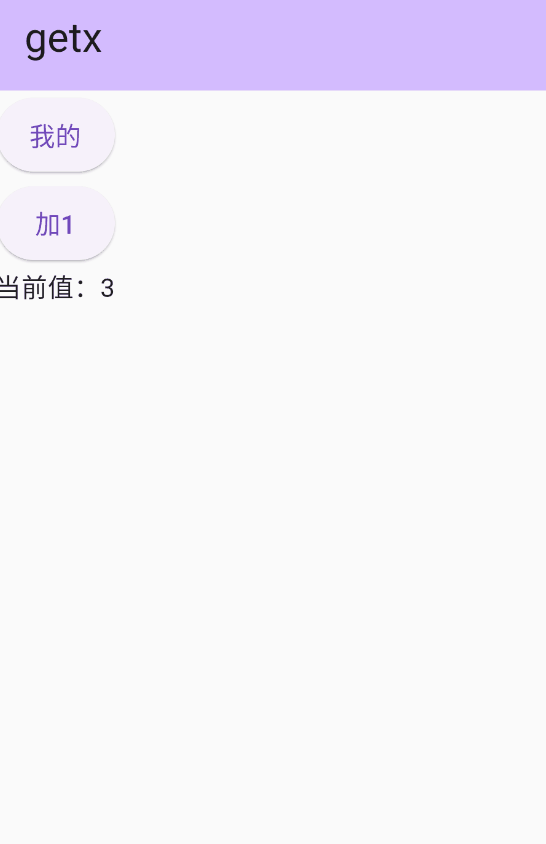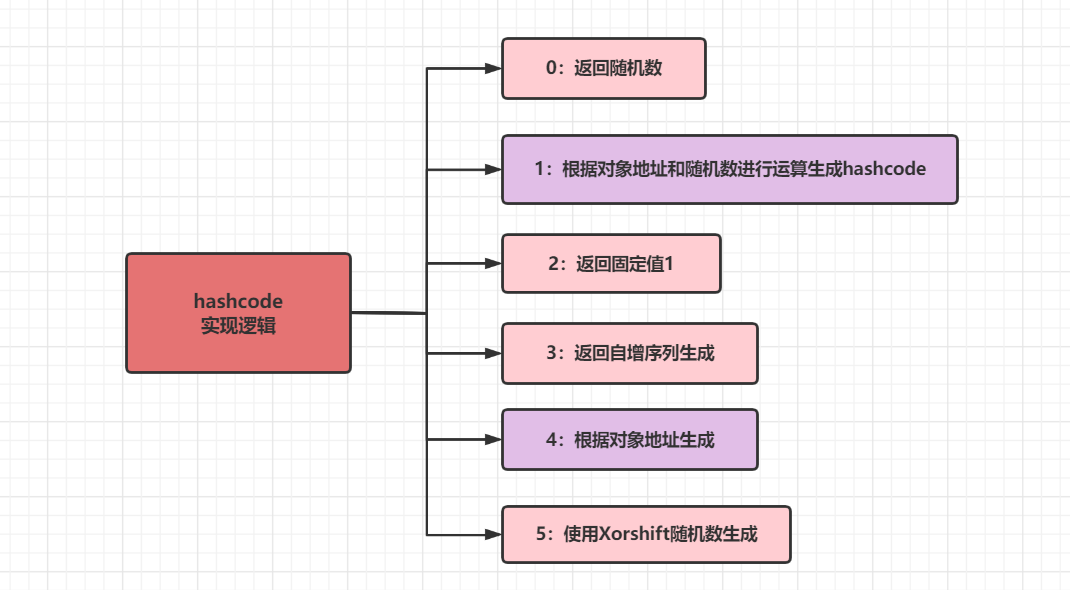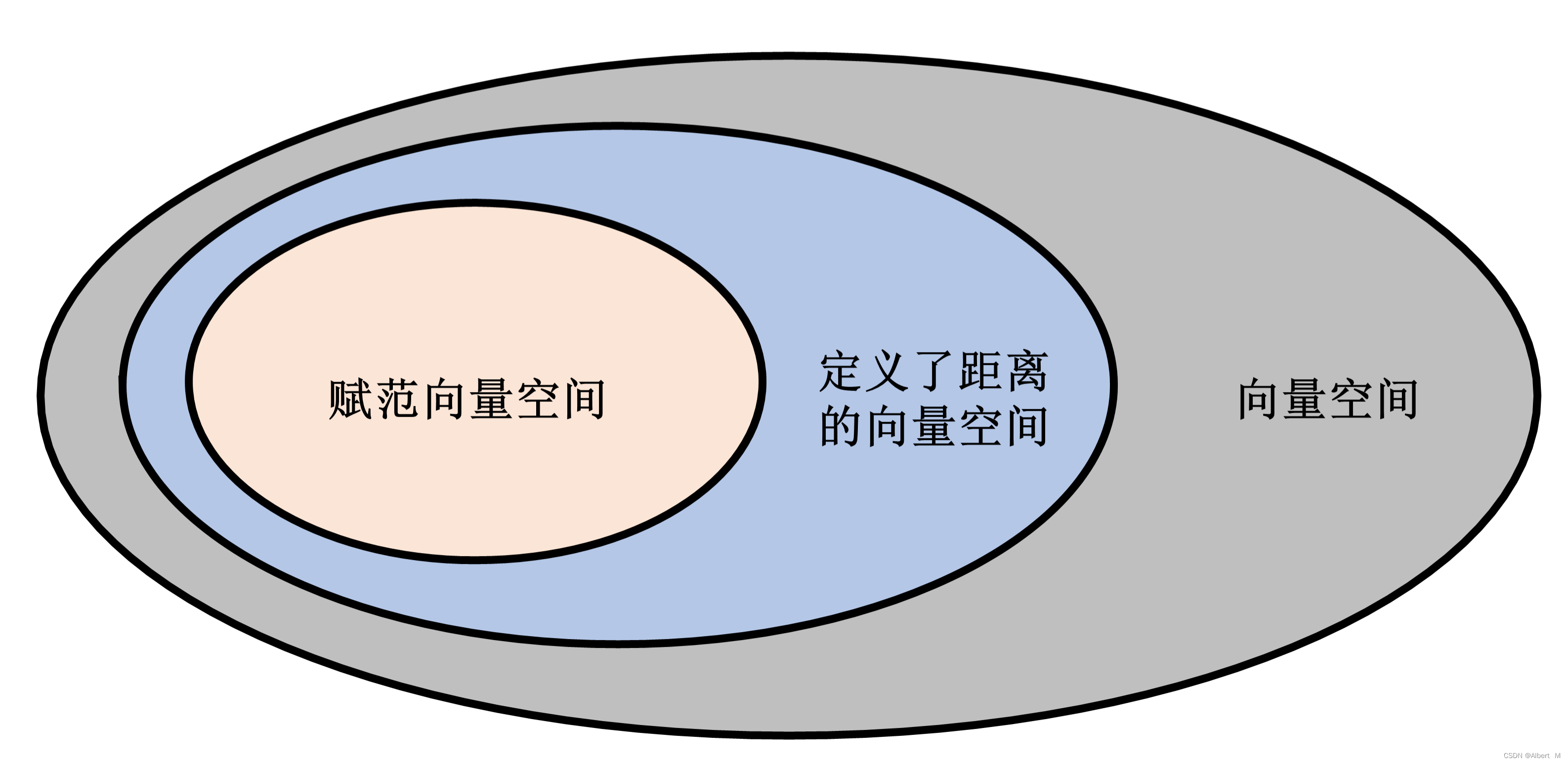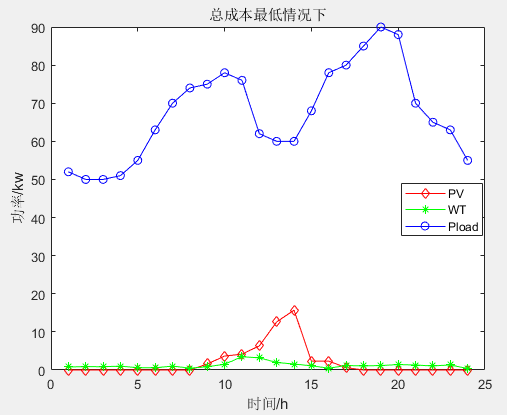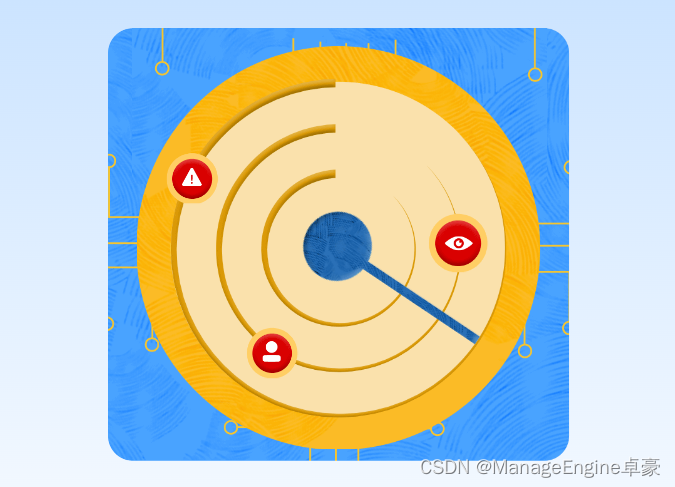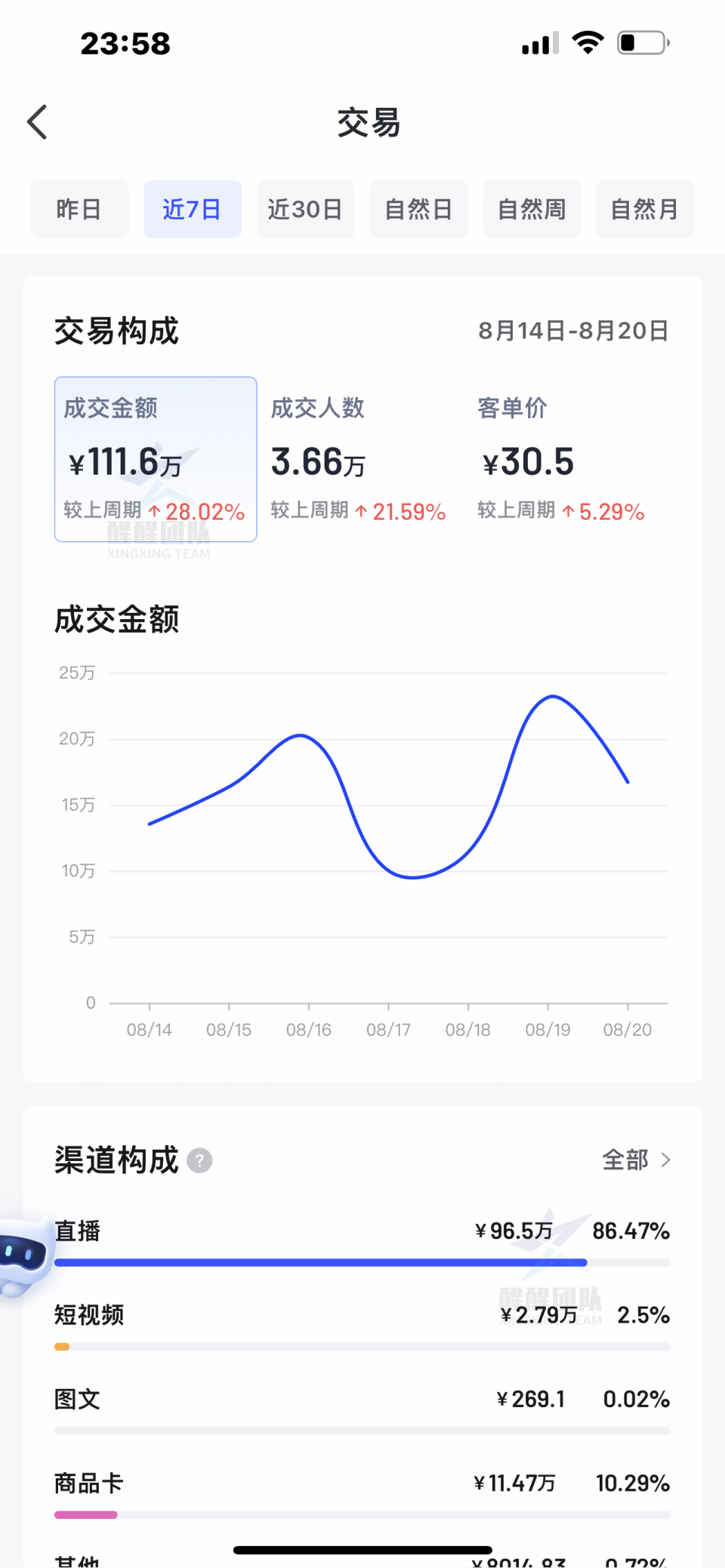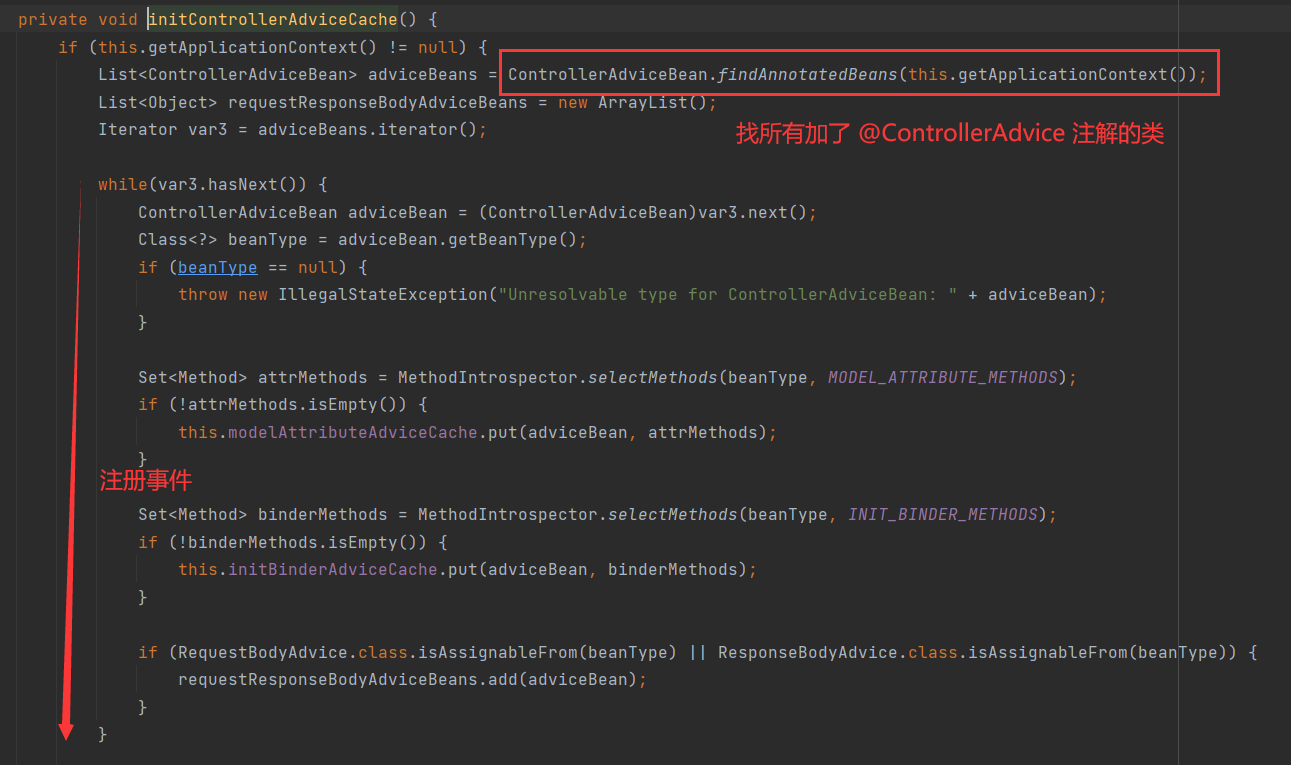目录
- 一、背景
- 二、影响范围
- 1.Maven 坐标调整
- 2.自定义算法调整
- 3.事务调整
- 4.配置文件调整
- 三、升级指导
- 1.新的 ShardingSphereDriver 数据库驱动
- 2.正在使用 Spring Boot Starter 如何升级
- 升级前
- 升级后
- 3.正在使用 Spring Namespace 如何升级
- 升级前
- 升级后
- 四、总结

5.3.0 官方文档: https://shardingsphere.apache.org/document/5.3.0/cn/overview/
补充:如果要看 5.4.0 的文档,直接把地址中的 5.3.0 改为 5.4.0 即可,以此类推。
一、背景
在 5.3.0 版本以前,ShardingSphere-JDBC 同时支持 Java API、YAML、Spring Boot Starter 和 Spring Namespace 等配置方式。为兼容 Spring 的配置方式,给 ShardingSphere 社区带来了以下难题:
- 当新增或更新 API 时,需要调整多项配置文件,工作量大。
- 社区需要维护多重配置文档 & 示例。
- Spring Bean 生命周期管理易受项目其他依赖的影响。如:PostProcessor 无法正常执行。
- Spring Boot Starter & Spring Namespace 配置风格与 ShardingSphere 标准的 YAML 存在较大差别。
- Spring Boot Starter & Spring Namespace 受 Spring 版本影响,带来额外的配置兼容性问题。
例如:在最新发布的 Spring Boot 3.0.0 中,移除了对 2.x 版本 spring.factories 的支持。这为想要升级但正在使用 ShardingSphere Spring Boot Starter 的用户带来了挑战,而升级 Spring Boot 依赖也会为 ShardingSphere 用户带来新的兼容性问题。基于以上考虑,ShardingSphere 社区决定在 ShardingSphere 5.3.0 Release 中移除 Spring 全部依赖和配置支持。
那么,对需要使用 Spring Boot 或 Spring Namespace 的 ShardingSphere-JDBC 用户,应当如何接入 ShardingSphere?原有的用户怎样升级呢?本文将为您解答这些疑问。
二、影响范围
5.3 系列版本升级的影响范围如下:
- 使用
ShardingSphere Spring Boot Starter的用户; - 使用
ShardingSphere Spring Namespace的用户。
1.Maven 坐标调整
原有配置:
<dependency>
<groupId>org.apache.shardingsphere</groupId>
<artifactId>shardingsphere-jdbc-core-spring-boot-starter</artifactId>
<version>${shardingsphere.version}</version>
</dependency>
<dependency>
<groupId>org.apache.shardingsphere</groupId>
<artifactId>shardingsphere-jdbc-core-spring-namespace</artifactId>
<version>${shardingsphere.version}</version>
</dependency>
调整为:
<dependency>
<groupId>org.apache.shardingsphere</groupId>
<artifactId>shardingsphere-jdbc-core</artifactId>
<version>${shardingsphere.version}</version>
</dependency>
2.自定义算法调整
移除 Spring 模块会同时移除 AlgorithmProvided 相关类。若此前用户在自定义算法中**有使用到 Bean 注入相关的逻辑,更新后将失效。**对需要在算法中使用 Spring Bean 的场景,需开发者主动管理。
3.事务调整
移除 Spring 模块同时移除事务,用于支持方法级别事务声明的 @ShardingSphereTransactionType 注解。若用户有在方法级别更改事务类型的需求,请使用 Java API 方式。
参考:用户手册-分布式事务,https://shardingsphere.apache.org/document/current/cn/user-manual/shardingsphere-jdbc/special-api/transaction/java-api/
4.配置文件调整
在升级 5.3.0 版本后,原有的 Spring Boot Starter 或 Spring Namespace 数据源配置将会失效,具体配置升级的方式在下面会有介绍。
三、升级指导
1.新的 ShardingSphereDriver 数据库驱动
从 5.1.2 版本开始,工程师无需修改代码。ShardingSphere-JDBC 提供了原生 JDBC 驱动 ShardingSphereDriver,工程师仅通过配置即可接入使用,接入方式如下:
参考:用户手册-JDBC 驱动,https://shardingsphere.apache.org/document/current/cn/user-manual/shardingsphere-jdbc/yaml-config/jdbc-driver/
这种方式可以更加统一 ShardingSphere-JDBC 和 ShardingSphere-Proxy 的配置文件格式,只需少量修改即可复用。在升级到 5.3.x 版本后,使用 Spring Boot Starter 或 Spring Namespace 的用户推荐使用 ShardingSphereDriver 方式来接入 ShardingSphere-JDBC。
2.正在使用 Spring Boot Starter 如何升级
升级前
在 application.yml 中,ShardingSphere 相关的配置如下:
application.yml
spring:
shardingsphere:
database:
name: sharding_db
datasource:
names: ds_0,ds_1
ds_0:
type: com.zaxxer.hikari.HikariDataSource
driver-class-name: com.mysql.cj.jdbc.Driver
jdbc-url: jdbc:mysql://127.0.0.1:3306/demo_ds_0?serverTimezone=UTC&useSSL=false
username: root
password:
ds_1:
type: com.zaxxer.hikari.HikariDataSource
driver-class-name: com.mysql.cj.jdbc.Driver
jdbc-url: jdbc:mysql://127.0.0.1:3306/demo_ds_1?serverTimezone=UTC&useSSL=false
username: root
password:
rules:
sharding:
default-database-strategy:
standard:
sharding-column: id
sharding-algorithm-name: database_inline
tables:
t_order:
actual-data-nodes: ds_$->{0..1}.t_order_$->{0..1}
table-strategy:
standard:
sharding-column: count
sharding-algorithm-name: t_order_inline
sharding-algorithms:
database_inline:
type: INLINE
props:
algorithm-expression: ds_$->{user_id % 2}
t_order_inline:
type: INLINE
props:
algorithm-expression: t_order_$->{order_id % 2}
props:
sql-show: true
升级后
在 resources 目录下新建 YAML 配置文件,如:sharding.yaml,并按照用户手册-YAML配置改写原有配置内容。
参考:用户手册-YAML 配置,https://shardingsphere.apache.org/document/current/cn/user-manual/shardingsphere-jdbc/yaml-config/
application.yml
spring:
datasource:
driver-class-name: org.apache.shardingsphere.driver.ShardingSphereDriver
url: jdbc:shardingsphere:classpath:sharding.yaml
sharding.yaml
dataSources:
ds_0:
dataSourceClassName: com.zaxxer.hikari.HikariDataSource
driverClassName: com.mysql.jdbc.Driver
jdbcUrl: jdbc:mysql://127.0.0.1:3306/demo_ds_0?serverTimezone=UTC&useSSL=false
username: root
password:
ds_1:
dataSourceClassName: com.zaxxer.hikari.HikariDataSource
driverClassName: com.mysql.jdbc.Driver
jdbcUrl: jdbc:mysql://127.0.0.1:3306/demo_ds_1?serverTimezone=UTC&useSSL=false
username: root
password:
rules:
- !SHARDING
tables:
t_order:
actualDataNodes: ds_$->{0..1}.t_order_$->{0..1}
tableStrategy:
standard:
shardingColumn: count
shardingAlgorithmName: t_order_inline
defaultDatabaseStrategy:
standard:
shardingColumn: id
shardingAlgorithmName: database_inline
shardingAlgorithms:
database_inline:
type: INLINE
props:
algorithm-expression: ds_$->{user_id % 2}
t_order_inline:
type: INLINE
props:
algorithm-expression: t_order_$->{order_id % 2}
props:
sql-show: true
如果以集群模式部署,当对应 namespace 已有所需配置:sharding.yaml 中仅配置 mode 即可:
mode:
type: Cluster
repository:
type: ZooKeeper
props:
namespace: governance_ds
server-lists: localhost:2181
retryIntervalMilliseconds: 500
timeToLiveSeconds: 60
maxRetries: 3
operationTimeoutMilliseconds: 500
3.正在使用 Spring Namespace 如何升级
升级前
spring-sharding.xml
<beans xmlns="http://www.springframework.org/schema/beans"
xmlns:xsi="http://www.w3.org/2001/XMLSchema-instance"
xmlns:context="http://www.springframework.org/schema/context"
xmlns:tx="http://www.springframework.org/schema/tx"
xmlns:shardingsphere="http://shardingsphere.apache.org/schema/shardingsphere/datasource"
xmlns:sharding="http://shardingsphere.apache.org/schema/shardingsphere/sharding"
xsi:schemaLocation="http://www.springframework.org/schema/beans
http://www.springframework.org/schema/beans/spring-beans.xsd
http://www.springframework.org/schema/tx
http://www.springframework.org/schema/tx/spring-tx.xsd
http://www.springframework.org/schema/context
http://www.springframework.org/schema/context/spring-context.xsd
http://shardingsphere.apache.org/schema/shardingsphere/datasource
http://shardingsphere.apache.org/schema/shardingsphere/datasource/datasource.xsd
http://shardingsphere.apache.org/schema/shardingsphere/sharding
http://shardingsphere.apache.org/schema/shardingsphere/sharding/sharding.xsd
">
<bean id="ds_0" class="com.zaxxer.hikari.HikariDataSource" destroy-method="close">
<property name="driverClassName" value="com.mysql.jdbc.Driver"/>
<property name="jdbcUrl" value="jdbc:mysql://127.0.0.1:3306/demo_ds_0?serverTimezone=UTC&useSSL=false&useUnicode=true&characterEncoding=UTF-8"/>
<property name="username" value="root"/>
<property name="password" value=""/>
</bean>
<bean id="ds_1" class="com.zaxxer.hikari.HikariDataSource" destroy-method="close">
<property name="driverClassName" value="com.mysql.jdbc.Driver"/>
<property name="jdbcUrl" value="jdbc:mysql://127.0.0.1:3306/demo_ds_1?serverTimezone=UTC&useSSL=false&useUnicode=true&characterEncoding=UTF-8"/>
<property name="username" value="root"/>
<property name="password" value=""/>
</bean>
<sharding:standard-strategy id="databaseStrategy" sharding-column="user_id" algorithm-ref="inlineStrategyShardingAlgorithm" />
<sharding:sharding-algorithm id="inlineStrategyShardingAlgorithm" type="INLINE">
<props>
<prop key="algorithm-expression">ds_${user_id % 2}</prop>
</props>
</sharding:sharding-algorithm>
<sharding:standard-strategy id="orderTableStrategy" sharding-column="order_id" algorithm-ref="orderTableAlgorithm" />
<sharding:sharding-algorithm id="orderTableAlgorithm" type="INLINE">
<props>
<prop key="algorithm-expression">t_order_${order_id % 2}</prop>
</props>
</sharding:sharding-algorithm>
<sharding:rule id="shardingRule">
<sharding:table-rules>
<sharding:table-rule logic-table="t_order" database-strategy-ref="databaseStrategy" table-strategy-ref="orderTableStrategy" />
</sharding:table-rules>
</sharding:rule>
<shardingsphere:data-source id="shardingDataSource" database-name="sharding-databases" data-source-names="ds_0,ds_1" rule-refs="shardingRule" >
<props>
<prop key="sql-show">true</prop>
</props>
</shardingsphere:data-source>
</beans>
升级后
sharding.yaml
新增 sharding.yaml 配置文件,格式同 Spring Boot 示例中一致。
spring-sharding.xml
spring-sharding.xml 中移除原有 ShardingSphere 配置,替换为 ShardingSphereDriver 配置内容。
<beans xmlns="http://www.springframework.org/schema/beans"
xmlns:xsi="http://www.w3.org/2001/XMLSchema-instance"
xsi:schemaLocation="http://www.springframework.org/schema/beans
http://www.springframework.org/schema/beans/spring-beans.xsd">
<bean id="shardingDataSource" class="org.springframework.jdbc.datasource.SimpleDriverDataSource">
<property name="driverClass" value="org.apache.shardingsphere.driver.ShardingSphereDriver" />
<property name="url" value="jdbc:shardingsphere:classpath:sharding.yaml" />
</bean>
</beans>
🎉 完成以上配置,即可畅享
ShardingSphere-JDBC 全新版本!
四、总结
此次升级,大大减少了 ShardingSphere-JDBC 和 ShardingSphere -Proxy 在配置方面的差异,为 ShardingSphere-JDBC 用户顺利过渡到 ShardingSphere 集群架构打好了基础,在 API 标准化、提升配置兼容性方面迈出了坚实的一步。
对于新用户而言,ShardingSphereDriver 的配置方式也能减少配置侵入性,上手更简单。此后,Apache ShardingSphere 社区也能更好的专注于自身功能迭代,为用户和开发者带来更多更好的特性。
整理完毕,完结撒花~ 🌻
参考地址:
1.ShardingSphere 5.3 系列升级解读:Spring 配置升级指南,https://blog.csdn.net/ShardingSphere/article/details/128910559

